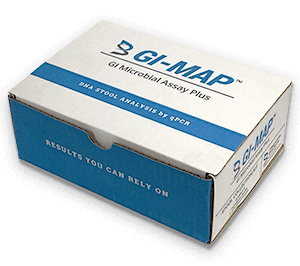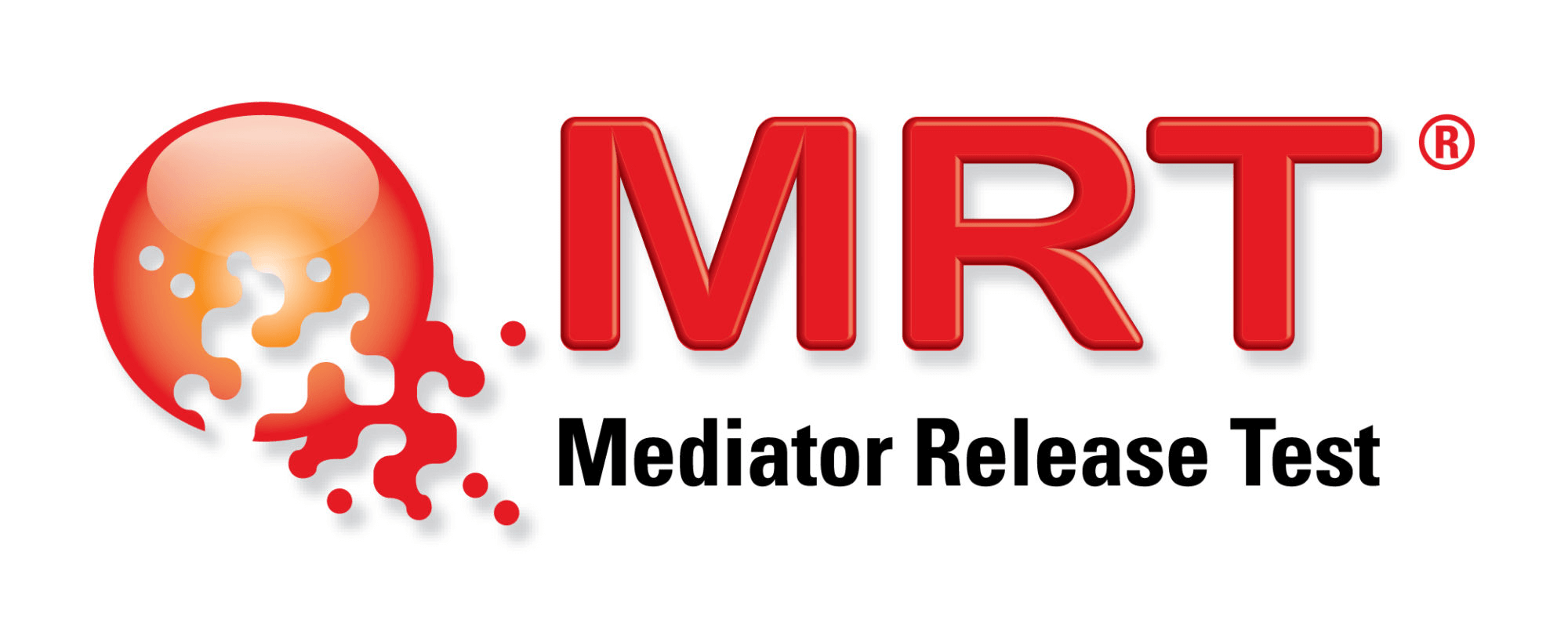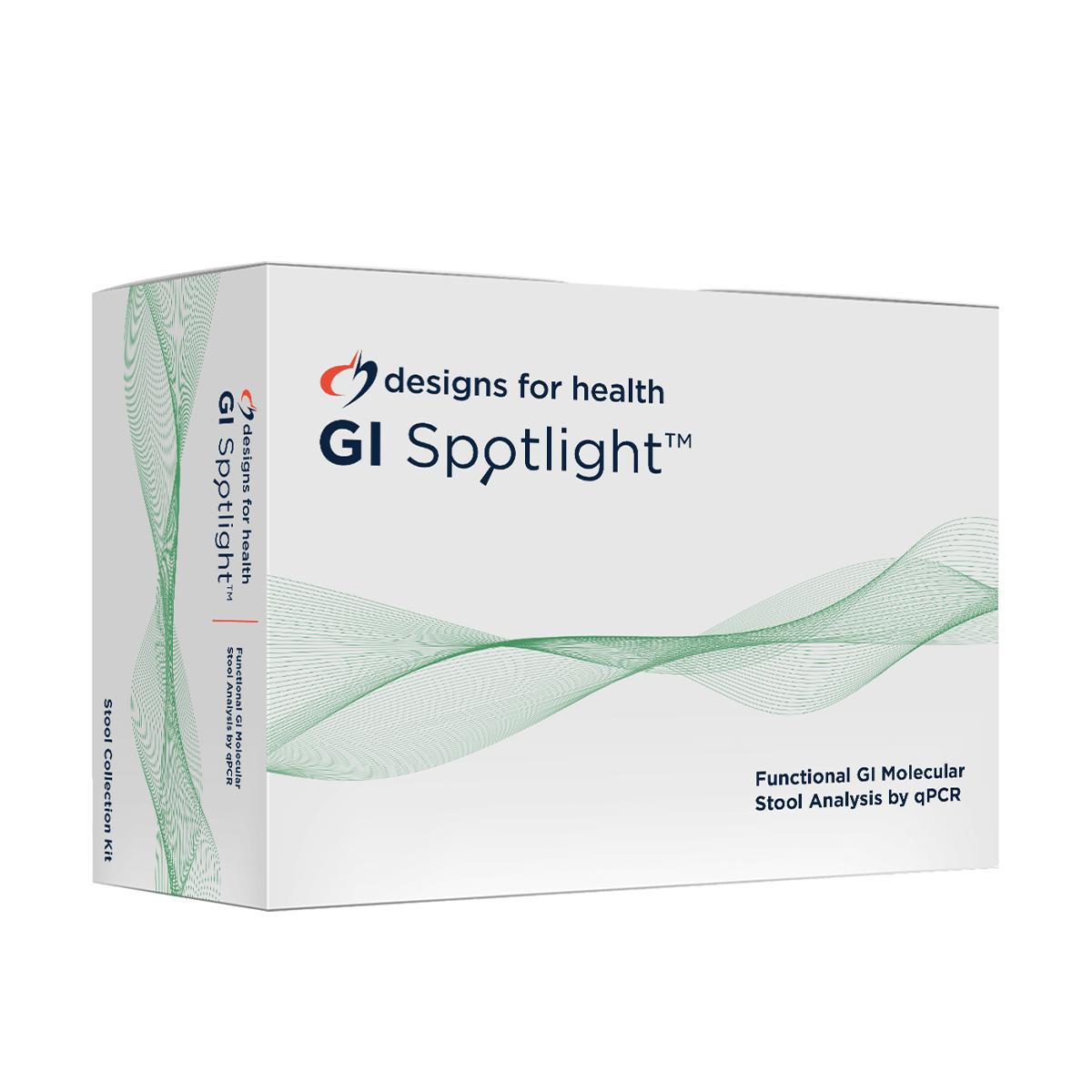Angela Anderson
Heartburn, Acid Reflux, GERD
Understanding Heartburn and GERD: A Comprehensive Guide
Heartburn/Reflux/GERD
Heartburn manifests as a burning sensation in the chest, often occurring after meals and caused by stomach acid refluxing into the esophagus. This common issue affects millions globally and, if not properly managed, can lead to significant discomfort and complications. It used to be thought that too much stomach acid was the primary cause of heartburn, but we now know that too little stomach acid is more often the cause. Either the food is sitting in the digestive system too long because there is not enough stomach acid to break it down or the lower esophageal valve is not malfunctioning and fails to keep the content of the stomach from rising into the esophagus.
Symptoms and Causes
Symptoms:
Burning in the chest, throat, or neck, often behind the breastbone
Difficulty swallowing
Sour or Hot taste in the mouth
Sensation of food being stuck in the throat or chest
Chronic Cough, sore throat or hoarseness
Causes
low stomach acid
excess stomach acid
overeating
dietary triggers (Food allergies, sensitivities)
smoking
drugs
stress
Anxiety
infections (H.pylori or other infectious overgrowth)
Structural issues (hiatal hernia)
Certain Health conditions
Too much coffee or caffeine
Drugs
Consuming too much sugar or refined carbs
certain medication
structural issues like a hiatal hernia or LES dysfunction
Inflammation
GERD (Gastroesophageal Reflux Disease)
GERD occurs when the lower esophageal sphincter (LES) malfunctions, allowing stomach contents to flow back into the esophagus, leading to persistent symptoms and potential complications.Potential complications include esophagitis, esophageal strictures, Barrett's esophagus, esophageal cancer, laryngeal disease, respiratory issues, sleep disturbances, and small intestinal bacterial overgrowth (SIBO).

Dietary Considerations
1. Eliminate ice-cold drinks
2. Increase vegetable consumption
3. Elevate the head while sleeping
4. Eat smaller meals
5. Avoid Caffeine and Sugar
6. Consider avoiding chocolate,
tomatoes, onions, peppers, peppermint
7. Increase probiotic foods
8. Eliminate any other triggering foods
(foods that cause symptoms)
9. Consume more fiber
Lifestyle Considerations
1. Eat smaller meals
2. Eat slower, chew thoroughly
3. Avoid lying down after meals
4. Elevate the head while sleeping
5. Consider losing excess weight
6. Abstain from smoking and alcohol
7. Avoid eating late at night
8. Don't overconsume liquids at mealtime
9. Avoid eating before exercise
10. Increase physical activity

Effective management of heartburn and GERD involves a comprehensive approach that includes lifestyle changes, dietary adjustments, adequate hydration, and supplementation. Underlying causes must be identified and addressed through tailored treatment plans to improve symptoms and overall quality of life. Consulting with healthcare professionals is essential to receive a proper diagnosis and personalized treatment recommendations.
Functional Testing for Heartburn, Acid Reflux, GERD
Why Dragonfly Holistic Coaching?
Personalized Care
When it comes to addressing health complications, the notion of a "one-size-fits-all" solution is not just ineffective, it's potentially counterproductive. Each individual is a unique tapestry of genetics, lifestyle choices, dietary habits, and environmental exposures, making them biochemically distinct. This means that a health approach which yields positive results for one person could prove ineffective, or even detrimental, for another. Functional wellness modalities stand out by embracing this diversity; recognizing that true healthcare must be deeply personalized. By considering an individual's entire well-being, factoring in genetics, diet, lifestyle, and environmental influences, functional wellness crafts solutions tailored to each person's unique needs. This bespoke approach ensures that each individual receives the most effective and appropriate care, underscoring the fact that in the realm of health, there really is no such thing as a universal solution. When I sign a contract with a client, I will work tirelessly by your side until we are able to identify the root cause of your health challenges and develop a sistainable way forward.
Information courtesy of Angela Anderson
Functional Diagnostic Nutrition® health coaches do not diagnose, treat, prevent, or cure any
disease or condition. Nothing we share with our clients is intended to substitute for the advice,
treatment or diagnosis of a qualified licensed physician. Functional Diagnostic Nutrition® (FDN)
Practitioners may not make any medical diagnoses or claim, nor substitute for your personal
physician’s care. It is the role of a Functional Diagnostic Nutrition® Practitioner to partner with
their clients to provide ongoing support and accountability in an opt-in model of self-care and
should be done under the supervision of a licensed physician.







